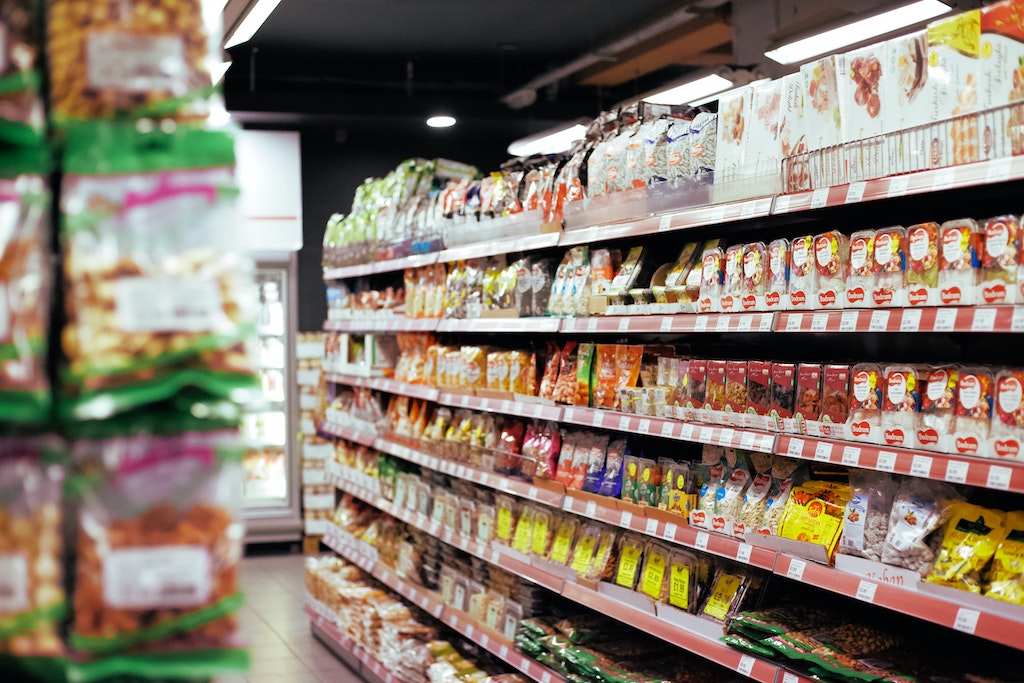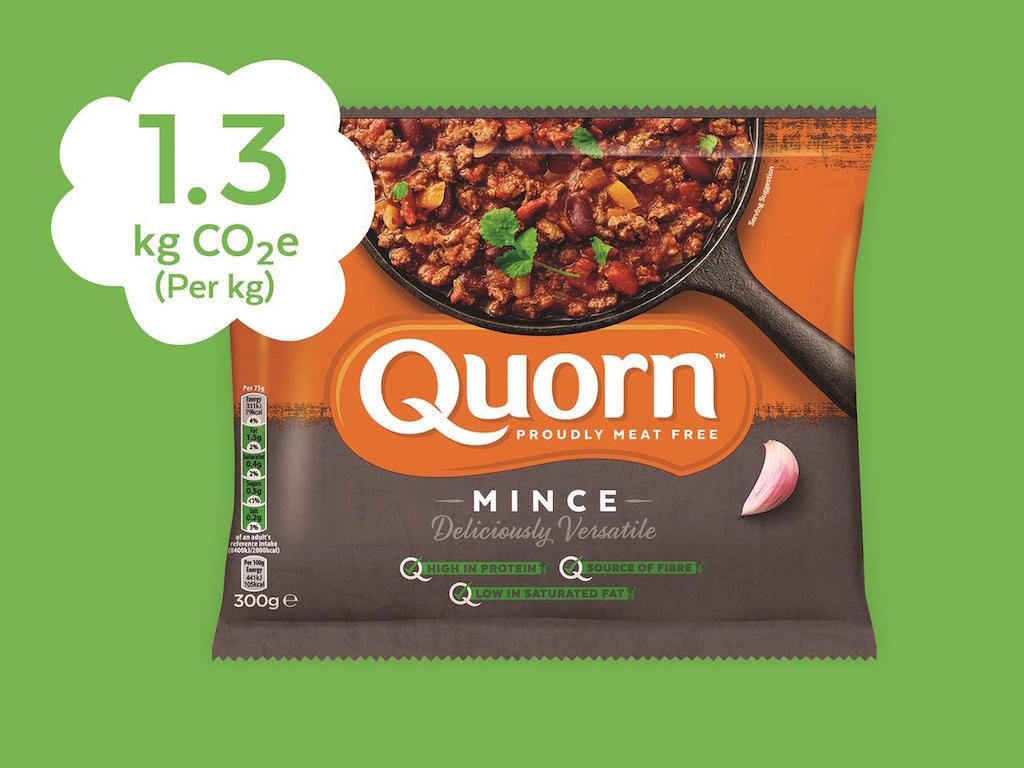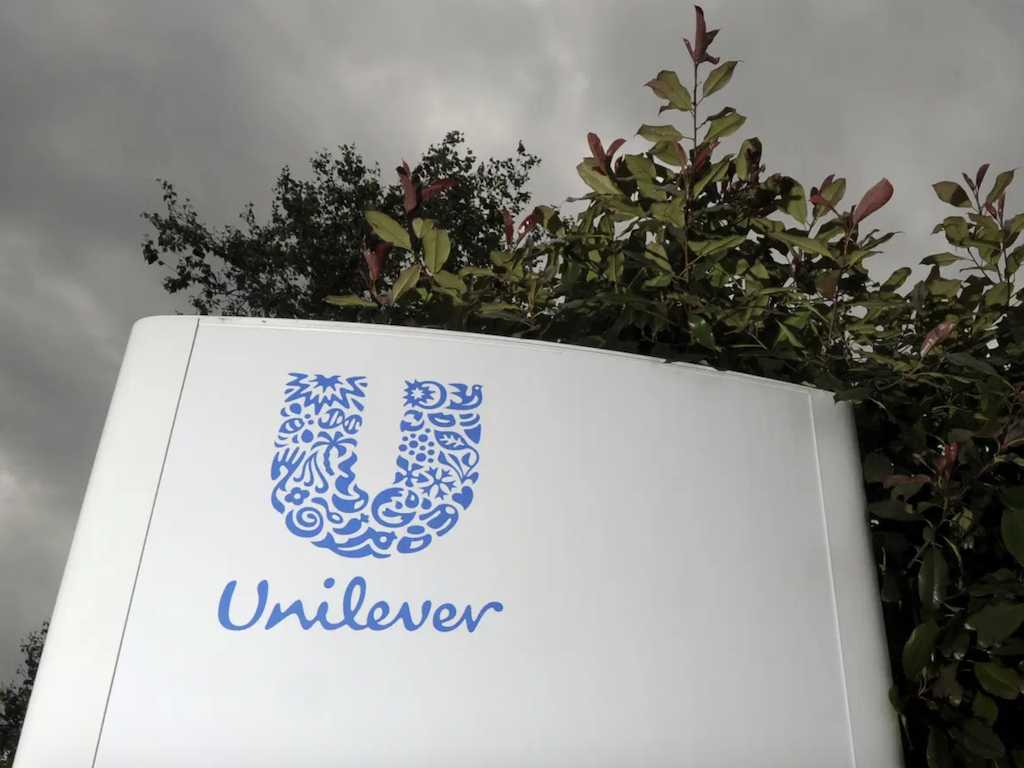Net Zero Emissions? Unilever To Add Carbon Labels On All Products & Invest US$1B In Climate Fund
4 Mins Read
Anglo-Dutch consumer goods behemoth Unilever has just announced its new set of climate goals. In addition to investing US$1.1 billion in a new climate fund, the company now aims to reach net zero emissions by 2039, hitting the benchmark earlier than the target set by the Paris Agreement. It will also show carbon labels on its products – all 70,000 of them.
The multinational giant that owns Dove skincare, the cult favourite ice-cream brand Ben & Jerry’s and Hellmann’s mayonnaise has recently released its new sustainability plan. Its bold statement is to zero-out all its carbon emissions from its own operations and its suppliers with a deadline of 2039, surpassing the 2050 target set by the Paris Agreement.
Many of the science-based targets outlined in its climate neutrality plan goes beyond the typical offsetting goals set by most corporates. To achieve a deforestation-free supply chain by 2023, the multinational will employ satellite monitoring, geolocation tracking and blockchain technology to ensure traceable and transparent information across its supply chain.
In terms of protecting the planet’s scarce water resources, Unilever also plans to make all its product formulations 100% biodegradable by 2030, a move that will dramatically change the composition of many of its personal care products.

To top the ambitious proposal, Unilever brands will collectively pledge US$1.1 billion into a new dedicated “Climate & Nature Fund”, which will be used over the next decade to finance impact projects such as landscape restoration, reforestation, carbon sequestration, wildlife protection and water preservation.
In the announcement, CEO Alan Jope said: “While the world is dealing with the devastating effects of the Covid-19 pandemic, and grappling with serious issues of inequality, we can’t let ourselves forget that the climate crisis is still a threat to all of us.”
“We, therefore, have a responsibility to help tackle the crisis: as a business, and through direct action by our brands.”
Perhaps the most arduous of its commitments, the multinational revealed that it plans to show carbon labels on each of the 70,000 products it manufactures across its entire inventory, from shampoo to mustard. The labels will tell consumers the greenhouse gases emitted in the production and transportation process.
“It’s a very big commitment,” said Marc Engel, chief supply chain officer at Unilever. “But we are clearly seeing that consumers want to know how the products they buy contribute to their own carbon footprint.”

The idea of using carbon footprint labels to explain to consumers the sustainability of a product has grown in popularity over the recent months. Eco footwear brand Allbirds, for instance, announced in May that it would display a carbon count for its entire sneaker collection. Vegetarian and vegan meat substitute brand Quorn also launched its own low-carbon food labels to show consumers how many emissions are saved by ditching conventional meat and dairy.
Read: High-carbon labels should have smoking-style health warnings, experts say
Even the digital industry is not exempt from the trend as the individuals across the world begin to wake up to the environmental impact of all our daily activities. Last year, digital company Wholegrain Digital launched a website footprint calculator for brands and users to find out how emissions-efficient each site is.
This isn’t the first time that Unilever has made bold sustainability targets. In November last year, the company announced that it had achieved 100% renewable energy in its own operations, following from its CEO’s promise to divest from non-sustainable companies.
But in recent weeks amid the pandemic, the consumer goods giant has stepped up its climate advocacy, a sign of reckoning that mass consumers are now demanding real corporate action on the world’s most pressing issues. In late May, Unilever was among the 155 companies with a combined worth of over US$2 trillion urging governments to make net-zero emissions the centre of coronavirus recovery plans.
Lead image courtesy of Press Association.




